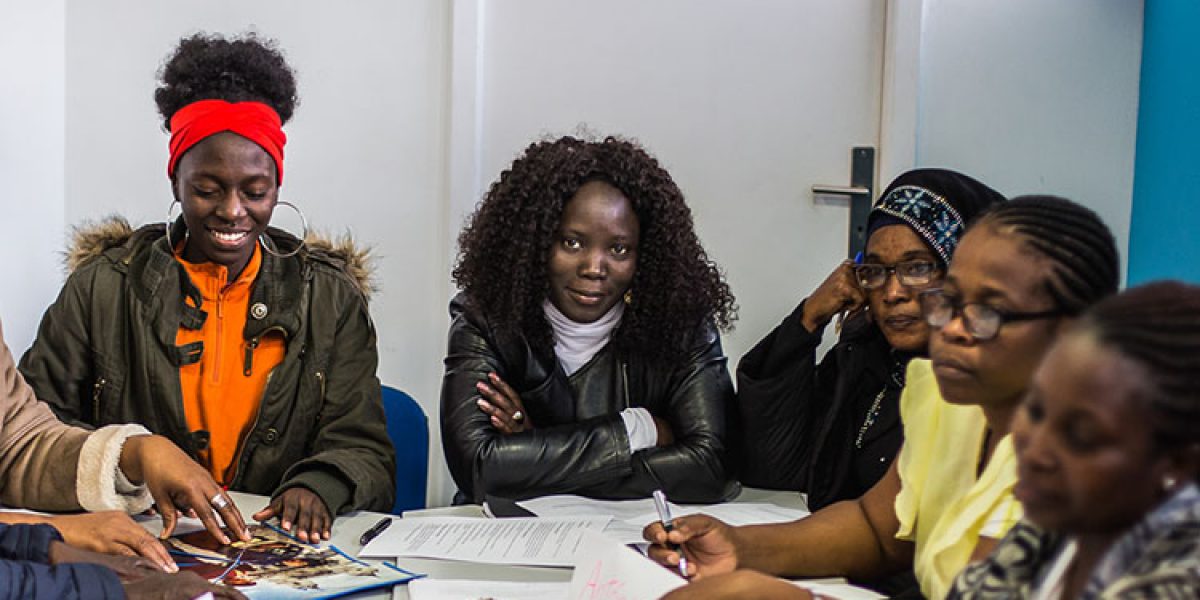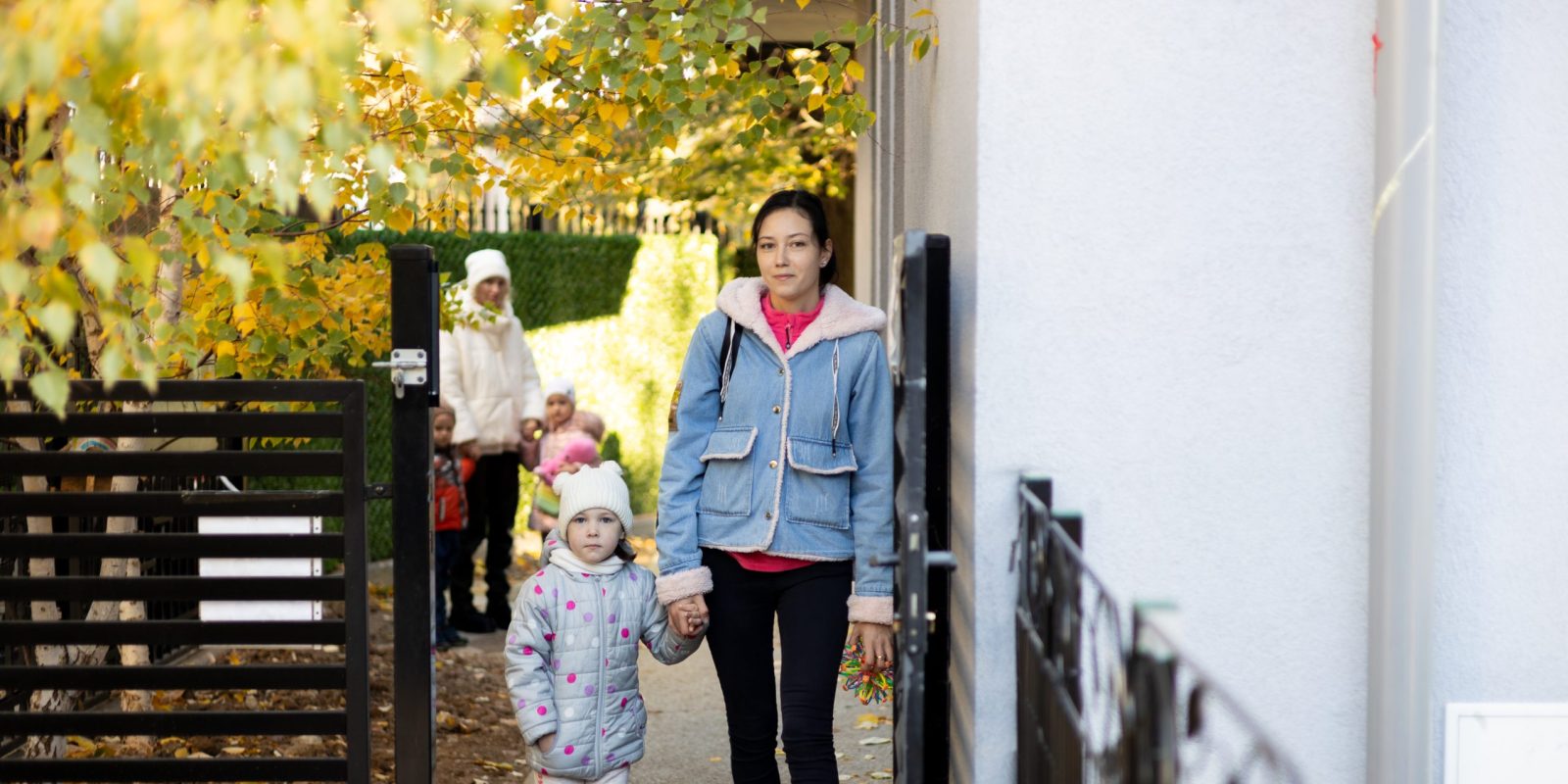
Brussels, 20 December 2019 – 2019 has been a year of elections, which brings change, but also often means a paralysis of any substantial political activity for months. In early 2020 the European Commission must come with a ‘fresh start’ to work towards a ‘New Asylum and Migration Pact’.
2019: a year both of change and stalemate
2019 was an election year. In May 2019 we voted for a new European Parliament, and several countries in Europe went repeatedly through elections and change of government.
Elections bring change, but they also often mean a paralysis of any substantial political activity for months. The European Commission is a clear example. It took from the end of May to the beginning of December to finally install a EU College of Commissioners. We can also find examples at national level – Belgium and Spain have not yet formed governments.
What does this mean for the Common European policy on Asylum and Migration? A complete stalemate.
The CEAS reform was put on hold and even the intergovernmental attempts to address, for instance, the issue of search and rescue in the Mediterranean Sea did not go very far.
New dynamics in Europe
The European elections brought us a parliament in which the far-right growth was more limited than many feared. Nevertheless, with the traditional parties, the Christian Democrats (EPP) and the Socialists (S&D) no longer holding the majority together, other political balances and dynamics must emerge. Groups, such as the liberals of Renew Europe and the Greens, will have more weight in future discussions.
The formation of a new European Commission started off on the wrong foot with a president designate that was not one of the leading candidates supported by the political groups, and with an unfortunate proposed title for the vice-president with migration, security and integration in its portfolio. While the name was changed, it remains to be seen if the attitude will really be one that wants to reverse the poisonous and polarising discourse that dominated the asylum and migration debate for the past five years.
Look forward to 2020: changing the narrative and more humane policies
In early 2020 the European Commission must come with a ‘fresh start’ to work towards a ‘New Asylum and Migration Pact’. How this pact will look is still unclear.
JRS hopes this ‘fresh start’ will bring:
- A principled choice for expanding safe and legal pathways for refugees to seek protection in Europe with EU Member States embracing their legal and moral duty to welcome and protect forced migrants and acknowledging that no protection is possible without access to the territory.
- The end of push-backs once and for all.
- The end of criminalisation of NGOs and individuals providing help to forced migrants.
- The full implementation of the current European legislation on asylum. Although not perfect, the current CEAS, if corrected implemented, would provide a considerable improvement in the condition of asylum seekers throughout the EU.
- A reform of the Dublin regulation that ensures the participation of asylum seekers in process of determination of Member State responsible to examine their application
- A change of narrative from one that presents refugees as a threat to one in which European citizens are called keep an open mind in the encounter with people from different cultures and background so that such encounter can be mutually enriching and build stronger and inclusive communities.

